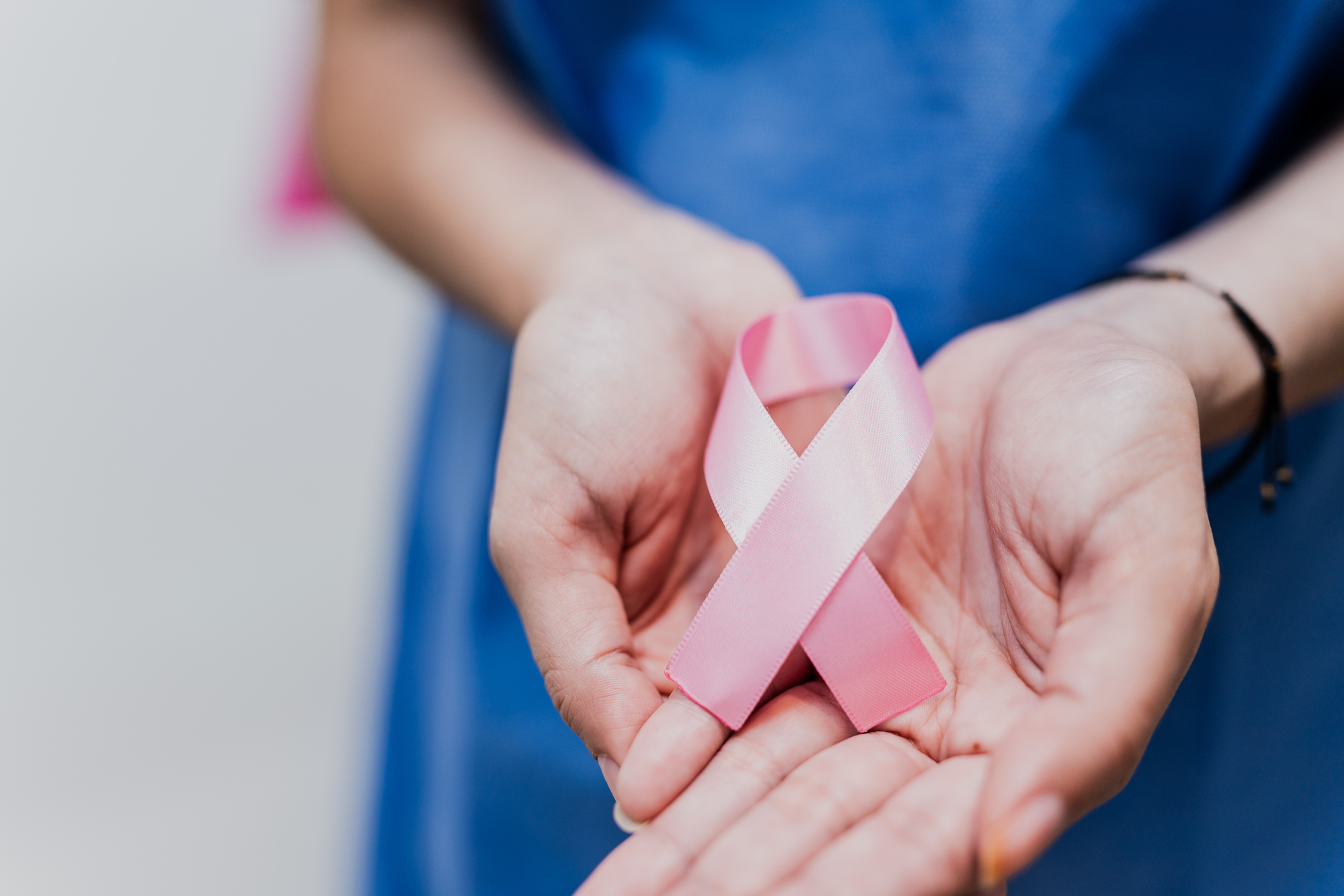October marks International Breast Cancer Awareness Month, a global initiative dedicated to one of the most pressing health challenges affecting women worldwide.
The month-long campaign seeks to raise awareness, promote early detection, and support those impacted by the disease while strengthening education and advocacy to improve survival and quality of life.
This year, the World Health Organization (WHO) has chosen the theme “Every Story is Unique, Every Journey Matters.” It highlights that each breast cancer diagnosis carries a deeply personal story of courage, resilience, and hope. The theme underscores the need for compassionate, timely, and equitable care for every woman—regardless of geography, income, or background.
A Global Health Challenge
Breast cancer remains the most commonly diagnosed cancer among women worldwide.
In 2022, about 2.3 million women were diagnosed with the disease, and approximately 670,000 lost their lives to it.
Survival rates in developing nations continue to lag far behind those in high-income countries, primarily due to unequal access to early detection, accurate diagnosis, and effective treatment.
According to WHO estimates, if current trends persist, both the incidence and mortality of breast cancer could rise by nearly 40 percent by 2050.
The agency has repeatedly emphasized that a woman’s chance of survival should not depend on where she lives.
WHO’s Global Breast Cancer Initiative
To address this global inequity, WHO launched the Global Breast Cancer Initiative (GBCI) in 2021, aiming to reduce breast cancer mortality by strengthening health systems and implementing evidence-based strategies across three pillars: health promotion and early detection; timely diagnosis; and comprehensive treatment.
Its operational approach, known as the 60–60–80 targets, seeks to ensure that at least 60 percent of invasive cancers are diagnosed at early stages, diagnostic evaluation is completed within 60 days, and 80 percent of patients complete their recommended treatment.
Prevention, Symptoms, and Treatment
Recognizing the symptoms of breast cancer early can make a decisive difference. Warning signs include lumps or thickening in the breast or underarm, changes in breast shape or size, unusual nipple discharge, dimpling or redness of the skin, and unexplained pain.
Preventive steps such as maintaining a healthy weight, staying physically active, limiting alcohol consumption, and avoiding tobacco use are known to significantly reduce the risk of developing breast cancer.
Regular self-examinations, clinical breast examinations, and mammography screening for women within the recommended age groups are critical for detecting abnormalities early and improving the chances of successful treatment.
India’s Fight Against Breast Cancer
In India, the government has intensified efforts to strengthen early detection and treatment.
Under the flagship Ayushman Bharat programme, Health and Wellness Centres are being equipped to provide breast screening services, particularly in rural and underserved communities.
The Rashtriya Arogya Nidhi scheme provides financial support to patients living below the poverty line, helping them access care at super-specialty government hospitals and Regional Cancer Centres.
This year, as part of International Breast Cancer Awareness Month, government agencies, non-governmental organizations, and frontline health workers, including ASHA and Anganwadi workers,have joined hands to spread awareness and encourage women to seek timely screening and treatment.
Free screening camps have been set up across towns and villages, where women are taught to perform self-examinations, receive clinical breast exams, and in many cases, gain access to subsidized mammograms.
Educational workshops held alongside these medical services aim to dispel misconceptions, address stigma, and promote early medical consultation.
Leading medical institutions such as the All India Institute of Medical Sciences (AIIMS) continue to play a vital role in advanced diagnosis, treatment, and counseling. Partnering with organizations like the Indian Cancer Society, they provide holistic care that includes psychological counseling, rehabilitation, and financial aid for patients in need.














